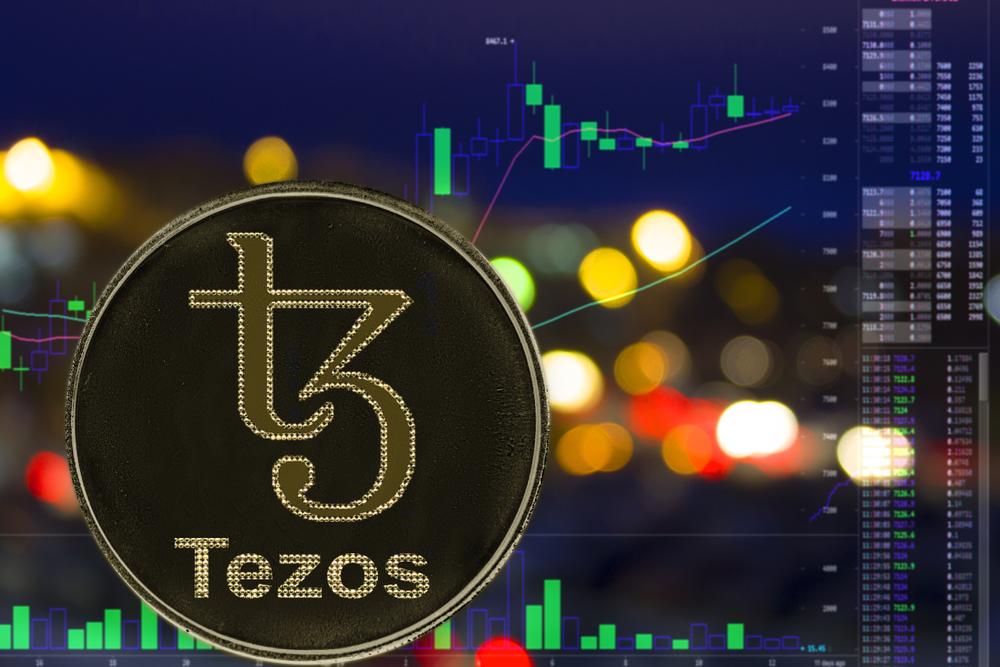- Nomadic Labs announced Granada, the latest upgrade on Tezos protocol.
- The upgrade is an improvement on the current protocol and is positioned to fix bugs and attend to other minor upgrades.
Following the launch of protocol upgrade Florence, Nomadic Labs has announced the next Tezos protocol proposal, Granada. The announcement came less than a month after Florence went live on the chain on May 11th. Nomadic Labs revealed the upcoming development on the Tezos protocol, Granada, in a joint post with Marigold, TQ, Tarides, and DaiLambda.
Granada major improvements
According to the joint post, Granada represents an improvement to the current protocol. The upgrade is poised to fix several bugs and attend to some other minor improvements. In the post, the firm highlighted some of the significant changes that will come with the upgrade. The Granada protocol will serve as an upgrade of the consensus algorithm Emmy+. With the launch of the anticipated protocol, Nomadic Labs will replace Emmy with Emmy*.
In an announcement on May 3rd, Nomadic Labs had explained that Emmy* would halve the time between blocks, reducing the having time by 50 percent from 60 seconds to 30 seconds. As such, the upgrade will result in faster finality compared to the current consensus algorithm Emmy+.
Also, Granada will cause a change in Liquidity Baking, which will address the availability of “low-spillage exchange of tez into other currencies and vise-versa.”
In addition, the Granada upgrade will come with gas improvements. The upgraded protocol will lead to a 2x to 6x reduction in gas consumption. Subsequently, the lower gas consumption will let developers access and utilize richer, more complicated, and more exciting apps on Tezos and cheap rates.
The post stated:
We strongly encourage you to test your own Tezos-based applications to check for compatibility problems with Granada. Granada, and the configuration for its test network Granadanet, are included in version 9.2 of the Tezos node.
Nomadic Labs explains more on Granada
Furthermore, the upgrade will result in RPC changes and Metadata changes. The metadata changes comes with two additional feeds and removal of two other fields. Other minor changes that will come with the upgrade include increased maximum operation time to live from 60 to 120, realigning voting periods with cycles, and more.
Speaking further, Nomadic Labs, along with Marigold, TQ, Tarides, and DaiLambda, mentioned another upcoming upgrade proposal. According to the post, the proposal will likely have a name that starts with “H.” The joint post explained that after a successful adoption of Granada, “H” should be a part of Tezos’s amendment process in the coming summer. The team noted their hope on “H” to initiate consensus algorithms to bring the best finality to Tezos.
The group has plans to continue to develop more upgrades over the coming months. The joint venture hopes to produce more upgrades that will increase performance and reduce gas usage. Also, they aim to minimize block times and continually add some improvements to Tezos.
Nomadic Labs has released several upgrades over time. In partnership with Marigold and Dailambda, Nomadic Labs earlier announced another upgrade to the Tezos blockchain. On February 13th, the Tezos blockchain upgraded as Edo went live. Edo represented the gift upgrade to the Tezos blockchain over the past 2 years.






